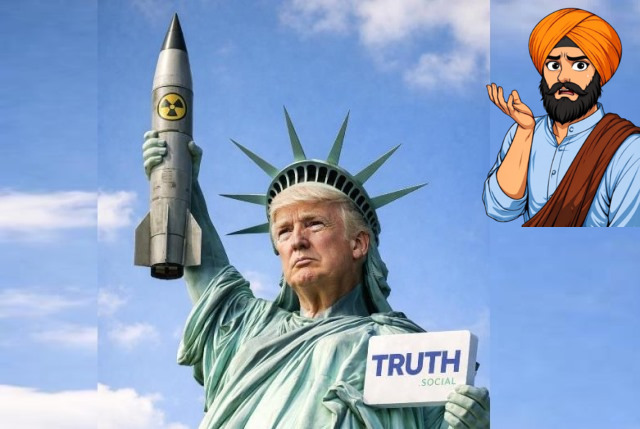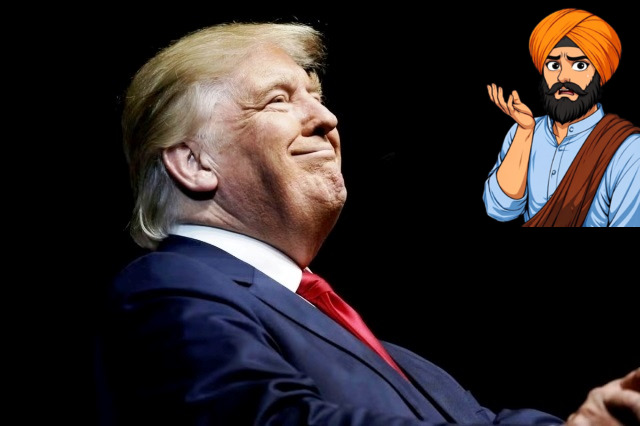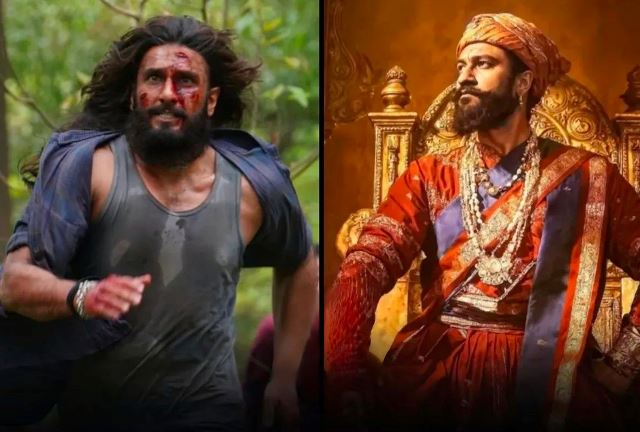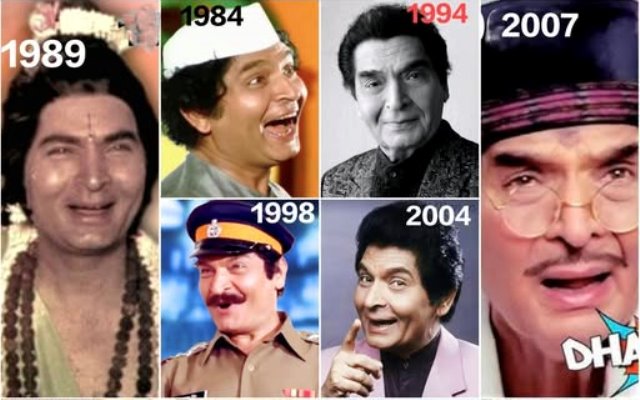
Weekly Update: A Pragmatic Stalin & Predators of Press Freedom
Recently, The Economist called him the Dravidian Stalin. But although the 68-year-old chief minister of Tamil Nadu goes by M.K. Stalin, besides the name, he has little in common with his more famous, autocratic, dictator-like namesake Joseph Stalin. I am not sure whether it is apocryphal, but the story goes that when he was born on 1 March, 1953, his father, M. Karunanidhi, the supremo of Tamil Nadu’s Dravida Munnetra Kazhagam (DMK) and the second chief minister of the state still known as Madras, was addressing a condolence meeting in memory of the Soviet leader who had died recently. So he decided to name his new-born son after him.
Whether it was irony or adulation that prompted that christening we do not know but recently, Stalin, the chief minister, has demonstrated that far from being self-centric and autocratic, he is a man who can pragmatically reach out to others for advice and assistance. In what is perhaps a first among India’s states, the chief minister has appointed five of the world’s top-class economists on his economic advisory council: Nobel laureate Esther Duflo; India’s former chief economic advisor
Arvind Subramanian; former RBI governor Raghuram Rajan; a former finance secretary S. Narayan; and development economist Jean Drèze.
The common thread that unites these economists is the fact that all of them have either fallen out with Prime Minister Narendra Modi’s regime or they are strong critics of his policies and approach towards economic governance and policy-making. Mr Modi has often demonstrated his scant regard for advice from economists and experts. His decision to demonetize large currency bills in 2016 during his first inning in government was, if not an unmitigated disaster, an expensive exercise that achieved very little. And he hastily rolled out a centralised Goods and Services Tax regime that proved to be a big setback for industry and business.
Under Mr Modi, who returned to power for the second time with a thumping majority and has been Prime Minister since 2014, India’s economy has achieved a middling to poor report card. The GDP, which was around 8% when he first took charge, fell in the fourth quarter of 2019-20 to a shade higher than 3%. And these are pre-Covid numbers. More recently, driven by high global oil prices, inflation has been surging in India, hitting the poor and middle class hard.
Unemployment is the other big problem that the Modi regime has been unable to tackle. With a young population and growing numbers of job-seekers, India needs to generate at least 20 million jobs a year. But it has fared poorly on that. According to estimates by Pew Research, more than 25 million people have lost jobs in the past seven months; and 75 million Indians have been pushed back into poverty.
While some of these job losses can be attributed to the economic havoc created by Covid and lockdowns, it is apparent that an economic strategy envisaging a big bang resurgence of the Indian economy has been missing in Mr Modi’s administration. He has lost advisers such as Mr Subramaniam and Mr Rajan, who, respectively quit their jobs as chief economic adviser and central bank governor. He and his colleagues have derided advice or suggestions from economists and organisations such as the MIT-based poverty action group that Ms Duflo founded. And his administration has often been at odds with the sort of prescriptions forwarded by welfare economists such as Prof. Drèze.
From that perspective, Tamil Nadu’s Mr Stalin brings in a breath of fresh air when it comes to economic policies. By enlisting the help of top class economists, he will hopefully be able to usher in policies and strategies that could help the state’s economy (it is the country’s second wealthiest state and is also the most industrialised) grow further.
Mr Stalin’s party, the DMK, and its allies are also distinctly in opposition to Mr Modi’s regime. So in a sense, it also is another strand of the decentralised opposition that the BJP and its allies in power at the Centre face. If Ms. Mamata Banerjee, whose Trinamool Congress recently was voted back to power in West Bengal, represents decentralised opposition in terms of politics, then Mr Stalin’s moves represent the same in terms of economic policies. The question is whether more such centres of opposition can emerge in India and, more importantly, forge alliances that are workable and translatable into effective alternative choices for people to make when they choose a government for India next time.
Predators of Press Freedom
The non-profit Reporters Without Borders, which has the stated aim of safeguarding the right to freedom of information, last week published its list of Predators of Press Freedom, a gallery of 37 heads of state with the lowest press freedom under their jurisdiction. Mr Modi finds himself on that list. He is in the company of other noted “predators”, namely North Korea’s Kim Jong Un, Brazil’s Jair Bolsonaro, Pakistan’s Imran Khan, Myanmar’s military head Min Aung Hlaing, and plenty of others, mainly dictators and autocrats of all stripes and colours.
There has, of course, been no response from the Indian government to that list. But what is interesting is the low key coverage of the list by India’s mainstream media. Many publications chose to ignore it. Those that didn’t, buried the fact that the Indian Prime Minister is on it as deep down as they could in the stories that they published–an ironic demonstrative acknowledgment of the fact that India’s media under the current regime enjoys limited freedom.
The list elaborated that Mr Modi has been a predator of the Press since taking office on 26 May 2014; and that India occupies the 142nd rank out of 180 countries in the 2021 World Press Freedom Index. It also says that “After becoming Gujarat’s chief minister in 2001, he (Modi) used this western state as a laboratory for the news and information control methods he deployed after being elected as India’s prime minister in 2014. His leading weapon is to flood the mainstream media with speeches and information tending to legitimise his national-populist ideology. To this end, he has developed close ties with billionaire businessmen who own vast media empires.” Pretty damning stuff for the leader of a country that is described as the world’s largest democracy.



